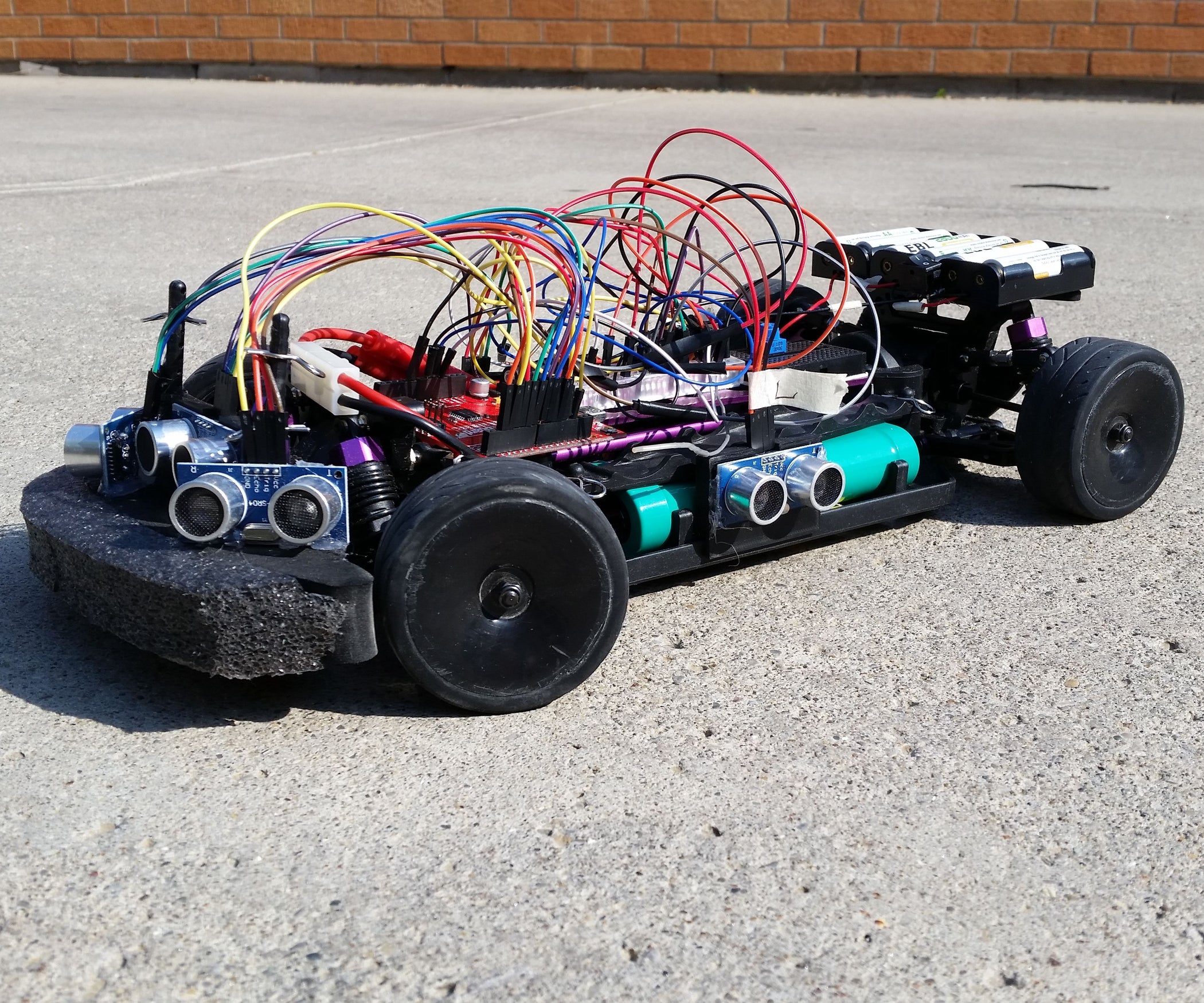The Perfect Desktop Kit For Experimenting With Self-Driving Cars
When we think about self-driving cars, we often imagine colossal projects with billion-dollar budgets funded by major automakers. However, the world of self-driving technology isn’t exclusive to large corporations; individual enthusiasts can dive into this fascinating field on a smaller scale. A brilliant example comes from a developer known as [jmoreno555], who showcases how a DIY approach can make self-driving car experiments accessible and manageable.
While we have previously discussed the challenges and breakthroughs in machine learning and artificial intelligence in topics such as Revolutionizing Mental Health Care with Machine Learning Technologies, today’s focus is on a more hands-on and practical application of AI: experimenting with self-driving cars using a desktop setup. This new avenue not only brings excitement but also serves as an educational platform for those looking to understand AI’s practical implications in autonomous driving.
Building the Kit
The foundation of this project is built around an HSP 94123 RC car, a small remote-controlled vehicle with a simple brushed motor and conventional speed controller. The steering mechanism relies on a servo-driven system. What makes this kit exciting is the integration of a Raspberry Pi 4, tasked with driving the car, and the addition of a Google Coral USB stick, a powerful machine learning accelerator capable of performing 4 trillion operations per second.
The build also incorporates a Wemos D1 microcontroller, which interfaces with distance sensors to give the car environmental awareness. Vision capabilities are enhanced by a 1.2-megapixel camera with a 160-degree field of view and a stereoscopic camera setup featuring twin 75-degree lenses. To program and control the car, [jmoreno555] leverages Python alongside OpenCV to implement basic lane detection and other self-driving routines.
What’s truly innovative about this project is the use of a desktop treadmill. Recognizing the challenge and inconvenience of chasing the car around a test track, [jmoreno555] employs a treadmill to facilitate the programming and debugging process. This setup allows for a controlled environment that simplifies development, particularly in the early stages.
Components and Software
| Component | Description |
|---|---|
| HSP 94123 RC Car | Basic remote-controlled car with a brushed motor and conventional speed controller. |
| Raspberry Pi 4 | Single-board computer running the core software. |
| Google Coral USB Stick | Machine learning accelerator card with high processing power. |
| Wemos D1 | Microcontroller for interfacing distance sensors. |
| 1.2-Megapixel Camera | Camera with a 160-degree lens for visual data. |
| Stereoscopic Camera | Dual 75-degree lenses for depth perception. |
< >
>
From a software perspective, the use of OpenCV for computer vision tasks and Python for programming makes the setup versatile and user-friendly. Additionally, Blender is employed as a simulator to test and train the car’s algorithms even without physical movement.
<
>
Implications and Opportunities
By making self-driving car experiments accessible on a smaller scale, enthusiasts and researchers alike can explore the practical applications of AI and machine learning in a tangible way. This DIY kit not only demystifies autonomous driving technology but also serves as an educational tool, allowing users to understand the intricacies of AI-driven systems. Moreover, it encourages innovation by providing a platform where new ideas and algorithms can be tested without requiring significant financial investment.
If this area piques your interest, I strongly recommend checking out other related builds and projects. The possibilities with AI are immense, and as we discussed in our previous articles like Revolutionizing Landscaping: The AI-powered AIRSEEKERS TRON 360° Robotic Mower, the scope of AI applications continues to grow rapidly. Experimenting with self-driving cars on your desktop is just one exciting avenue among many.
< >
>
Looking ahead, as AI technology continues to evolve, smaller-scale projects such as this can provide invaluable insights and contribute to larger developments in the field. Whether you’re a seasoned developer or a curious beginner, delving into DIY self-driving car projects offers a unique and rewarding experience.
Stay connected for more insights and updates on exciting AI-related projects and developments. As always, our tipsline is available for those who have cracked driving autonomy or other groundbreaking innovations in the AI space.
Focus Keyphrase: DIY Self-Driving Car Kit